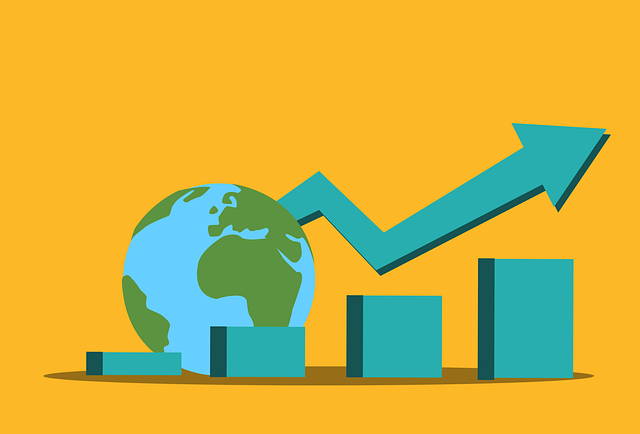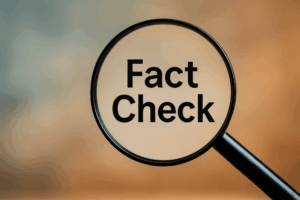
Trickle-down economics is nothing but basic economics.
It suggests that when we encourage people to create businesses and jobs, the benefits are then realized in terms of overall economic growth and additional job opportunities.
The effect of providing tax breaks when entrepreneurs take such action is is similar to a “trickle down” effect — the trickle being the conversion “from tax cuts to benefits”.
A Simple Example of Trickle-Down Economics
Imagine you have a small restaurant or a store. Your business statement looks like this:
Total income/sales
Minus (expenses, salaries)
= Gross Profits
Minus Debt repayment (interest paid back on loans).
= Final profits
Minus Taxes
= Final Income
So let’s think of these 2 scenarios:
- If the government reduces the taxes, your final profits go up because less money is deducted from your income.
- If interest rates are lower, your final profits are higher because you paid less interest back.
If that happens, as the business owner, you have some extra money.
You will use that extra money in various ways. So, you may:
- Hire more workers
- Buy better equipment
- Even open new stores
- Pay your workers more
Each of these results in a wide network of people benefitting. For example, if you decide to buy new equipment or software then those manufacturers and their supply chain benefits too. If you pay your workers more, then they have more money to spend on things.
You may even decide to pay more money to yourself. This will in turn result in you buying a bigger home, going on a vacation, buying more furniture, buying more clothes, or putting that money in the bank so the banks can loan it out to others, etc.
In either case, the end result is that more and more people start getting more opportunities to serve your expanding needs as a business and a business owner.
Assume there are 100 such businesses. Everyone will invest differently. Some will pay bonuses to the management, some will pay workers more, and some will expand the business.
So different parts of the economy are benefitted accordingly.
Now think of this happening across millions of businesses across the country.
As you can see, overall this becomes like a chain reaction of prosperity, and results in more jobs for people, higher salaries because of more competition, and more money flowing through the economy.
Prices are automatically controlled because there is demand vs supply at different prices. Barring an event like Covid, the economy can run on it’s own with due regulation such as anti-trust and fair business practices.
Does This Apply to Individual Taxes?
Yes, a similar trickle down equation applies to individuals as well.
Just like the business owner, if your own personal income taxes are kept low, you can invest the extra income in different ways thus causing the best outcomes overall for society.
Typical Myth
One of the biggest myths against basic economic principles or trickle-down or free economy is that not all business owners — or business owners who are rich and bigger — might decide to spend it on things like fancy bonuses for themselves or buying back company shares to make their investors happy, and don’t always help regular people.
But as we seen from our examples above, this is not a correct claim.
First, because we already have a progressive tax system that imposes higher taxes as income increases.
Second, we should have no business controlling how extra money is used by anyone. There are automatic checks and balances in place for fair business practices. If a business doesn’t care to invest in itself, it will lose and new businesses will take it’s place.
And third, government should limit it’s excesses. More in the section below.
Government Investment & Waste
A popular argument is that the government should charge higher taxes. It should then direct the spending.
But, we all know that for every dollar spent by the government, about 50% goes to waste because it is spent on bureaucracy and vested interests.
And we have not seen socialism or communism succeed anywhere in history. Even Europeans, Chinese, and Indians with their excellent quality of life rush to the US in search of better opportunities because of our lower tax and regulatory burden. As a result, the US thrives with innovation and freedom.
We also saw real evidence of this with the US economy taking off in 2017 after the Trump administration introduced across the board tax and regulation cuts. Prior to that, the US economy was recovering from the 2008 crisis but growing tentatively and at a much slower pace.
So the ideal approach for government is to restrict itself to providing universal amenities like building roads and infrastructure, schools, defense, providing safety nets such as Medicare for the elderly, and so on.
And it should let the people keep as much of their money as needed instead of raising taxes. It should enable, not control.
Conclusion
Trickle-down economics is basically another name for a free economy (with basic regulations in place to ensure fair practices) . It’s the best way for a society to function.
Assuming the government can run the society in a top down command and control model is a flawed concept. It leads to communism and ultimately fascism. It also leads to bad economic outcomes as history has shown us.
With incentives and tax cuts to businesses and individuals, the benefits are realized in terms of overall economic growth and more job opportunities.
No one should be penalized for their success.


